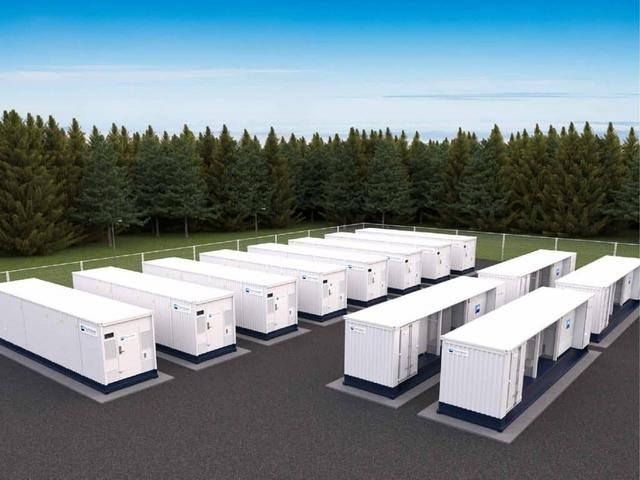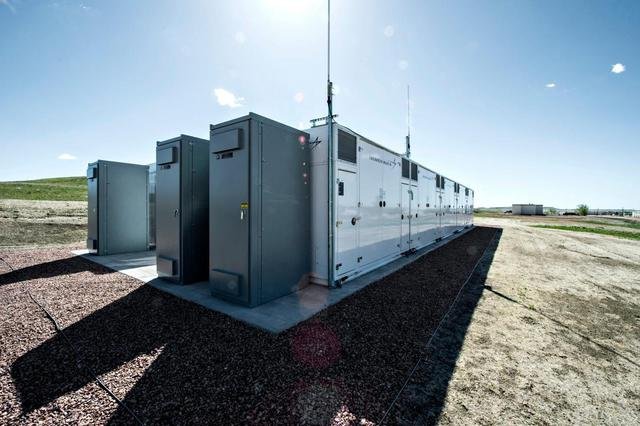Energy storage systems have many applications and advantages, and energy storage systems are being installed at an unprecedented rate worldwide. Here are a few advantages of energy storage systems.

1. Invest for the long term and reliability with Energy storage systems
People are investing in energy storage systems as the grid evolves, creating long-term benefits and reliability for years to come.
Energy storage is a key hub for the entire grid, increasing resources from wind, solar, and hydro to nuclear and fossil fuels to demand-side resources and system efficiency assets. It can be used as a power generation, transmission, or distribution asset as well as a single asset.
2. Save operating costs using Energy storage systems
Energy storage can save on operating costs of supplying power to the grid and can also save money for electricity consumers who install energy storage in their homes and businesses. Energy storage can reduce the cost of providing frequency modulation and backup services and save consumers money by storing low-cost energy. By using energy storage during short outages, businesses can avoid loss of power and continue normal operations.

3. Improve reliability and elasticity
Storage can provide backup power during outages. The same concepts that apply to backup power for a single device (for example, smoke alarms that plug into homes but also have backup batteries) can be extended to entire buildings or even entire power grids.
Energy storage provides flexibility to the grid to ensure uninterrupted power to consumers anytime, anywhere. This flexibility is critical to improving the reliability and resiliency of an energy storage system. As outage costs continue to rise, so does the value of enhanced reliability and increased resilience.
4. Integrate diversified resources
Energy storage smooths the delivery of variable or intermittent resources like wind and solar by storing excess energy when the wind blows and the sun shines and delivering it when the opposite happens.
Energy storage can also support an efficient power supply for inflexible baseload resources. When demand changes rapidly and flexibility is required, energy storage can inject or extract power as needed to precisely match loads.

5. Reduce your environmental impact with Energy storage systems
In short, energy storage can save electricity for later use. This creates efficiency and capacity for the grid, including the ability to reduce greenhouse gas (GHG) emissions.
By introducing greater flexibility into the grid, energy storage can help integrate the more solar, wind, and distributed energy sources. It could also improve the efficiency of the grid, increase the capacity coefficient of existing resources and offset the need to build new power plants with peak polluting emissions.
Energy storage helps make it easier and more reliable for our energy supply mix to evolve as it becomes cleaner through low-carbon and carbon-free sources.
Conclusion
SPP is your go-to company when you think of good and reliable Energy storage systems. We are always ready to serve you. Contact us today and we will give you a good quotation for your entire project.
